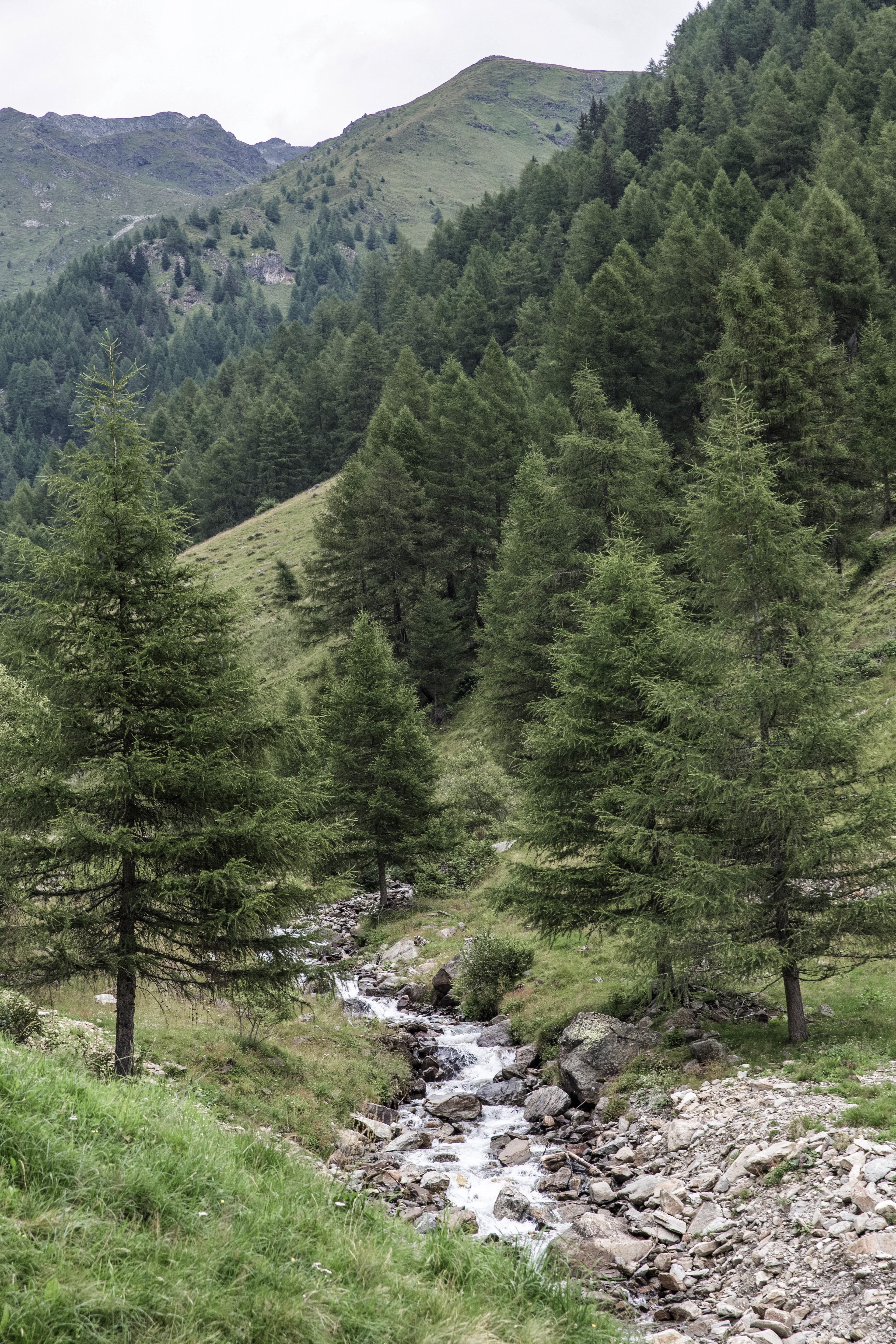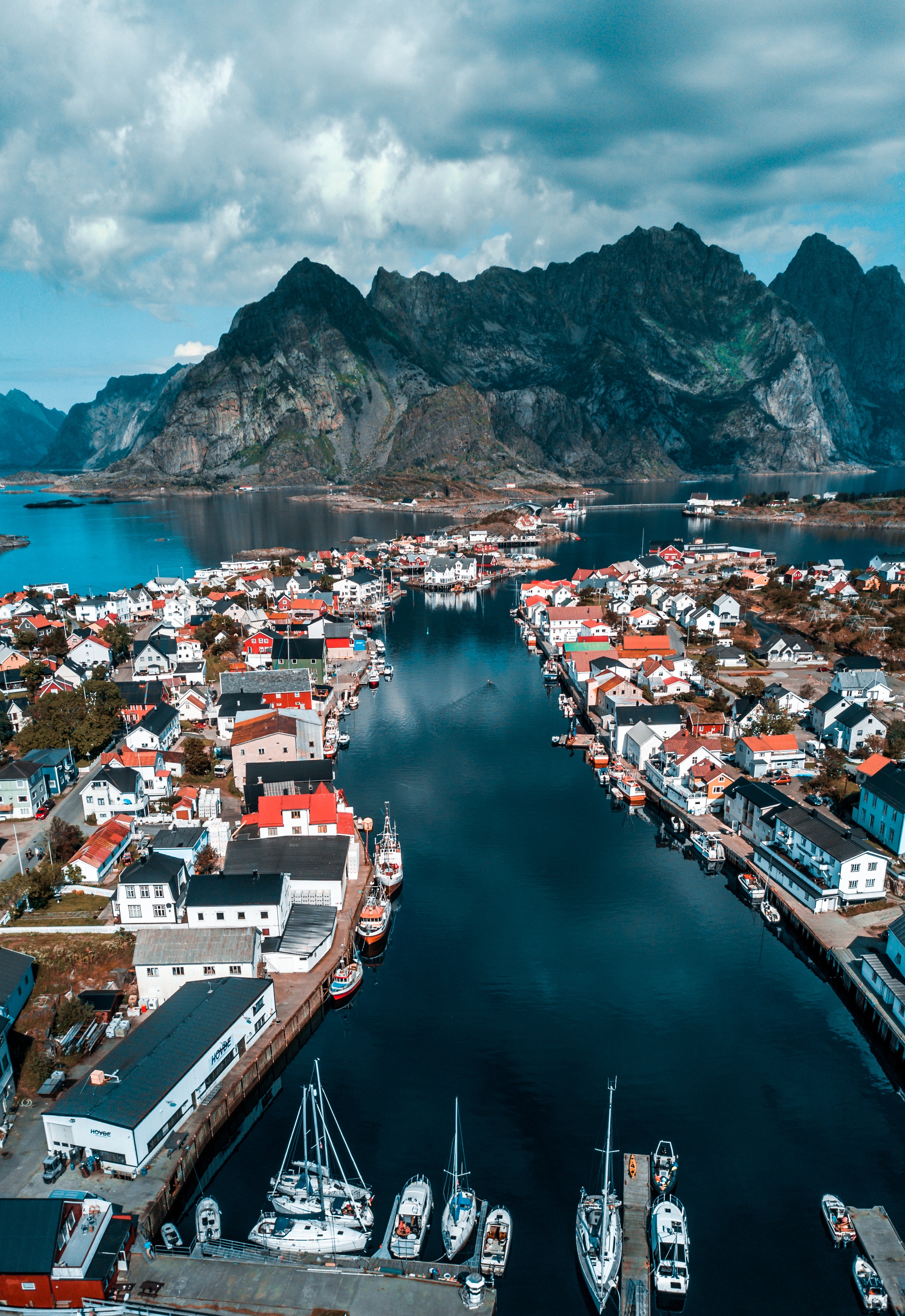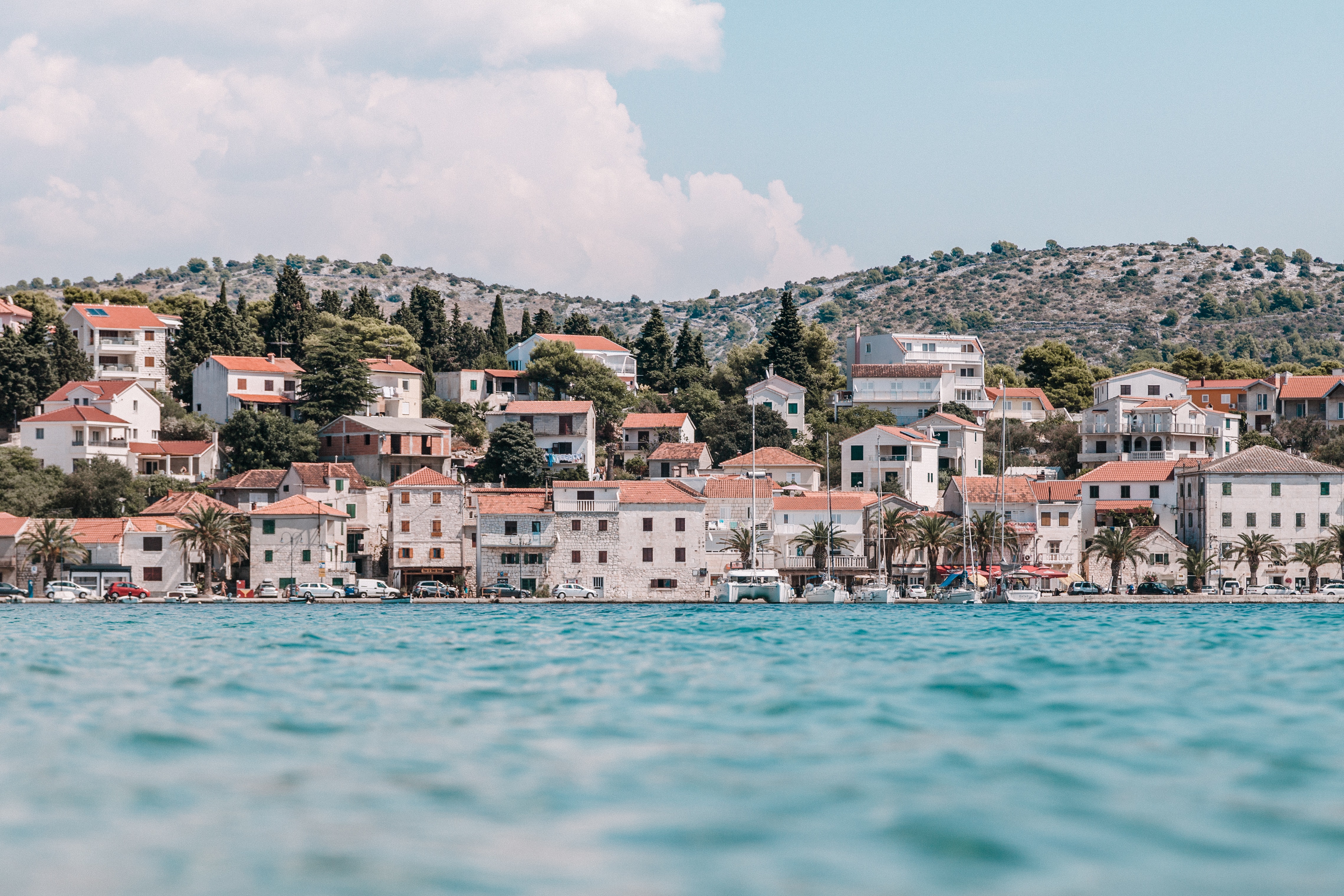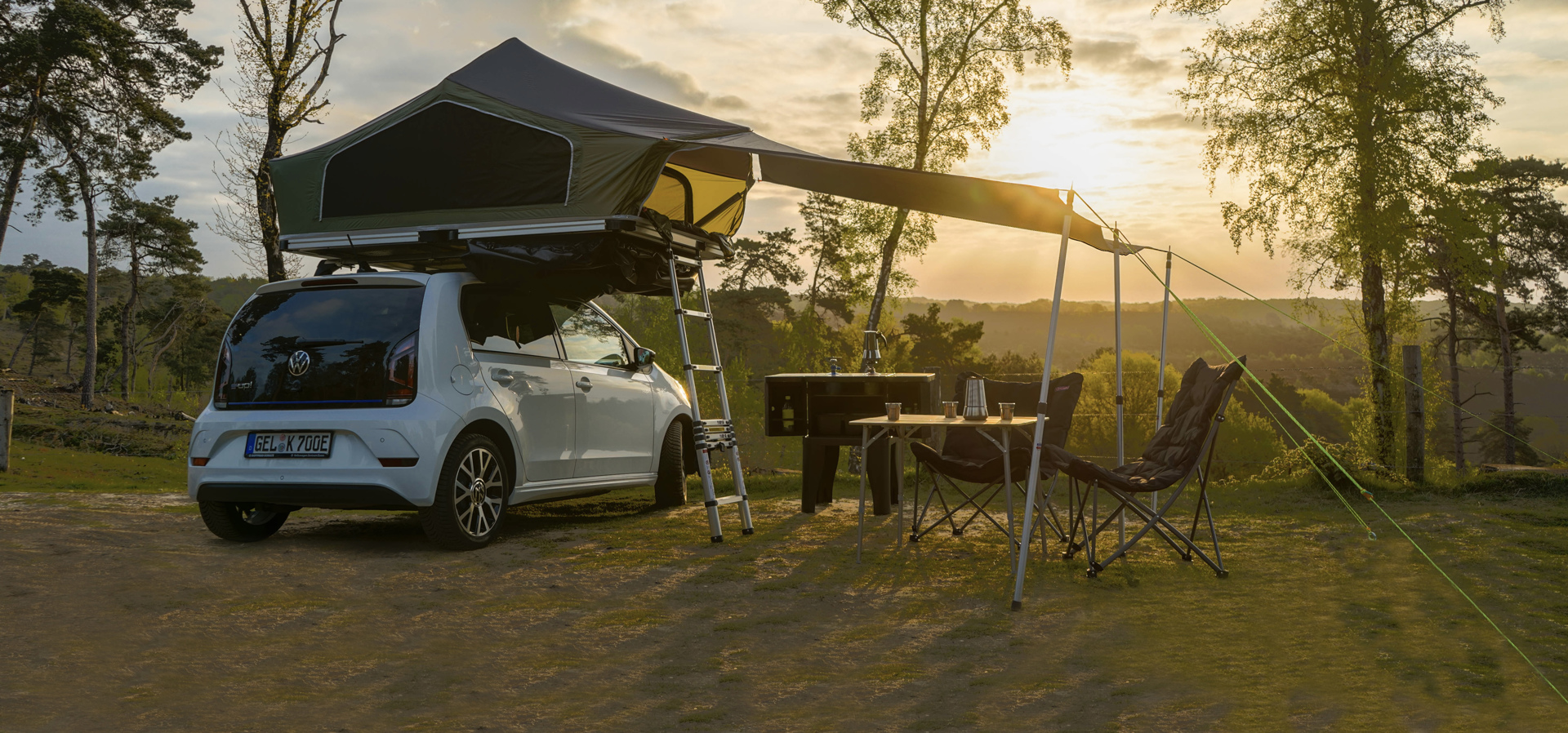

The freedom of a rooftop tent is liberating. You can camp anywhere you can get your car, be it a campsite or alone in nature. It is not always certain where you will be spending the night on an adventurous road trip. Will you head for a campsite, or would you rather camp wild? It is a good idea to prepare yourself a little, which includes knowing whether wild camping is permitted in the Netherlands, in which countries you are allowed to camp freely or where you have to rely on campsites.
Most campsites allow camping with a car and a rooftop tent. Rooftop tent camping at a nice campsite can be amazing. Many campsites are in beautiful locations and have good sanitary facilities. Particularly for families with young children, it can be nice to have access to good toilets, showers, a shop and Wi-Fi, and other facilities such as a swimming pool or playground.
Some countries are still unfamiliar with rooftop tents. Campsites may try to give you a camper pitch, but once you explain how it works, getting a regular pitch between the ground tents is usually not a problem. Regular pitches are often a little more spacious and nicer to camp on. Some campsites prefer not to have cars on the pitches, but they will often allow it when you explain that you have a rooftop tent.
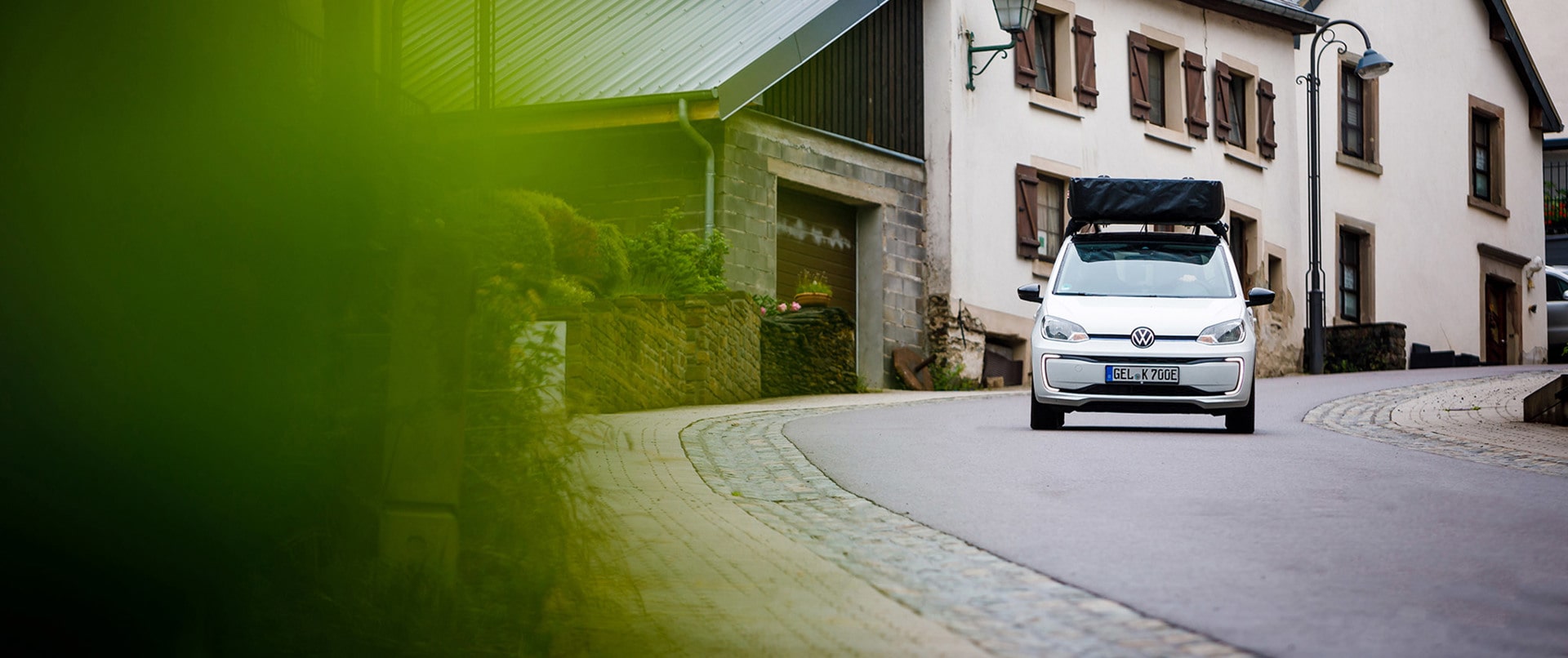
There are some places where rooftop tents are not allowed. Always check whether a certain camper pitch—or “Aire”—(e.g. in a city) also allows cars with rooftop tents. A car with a rooftop tent may feel like a camper, but it usually isn’t in the eye of the law and regulations. Laws and regulations are different in many countries and for many spots. There are plenty of amazing free or paid locations where you can stay the night with a rooftop tent. For example, in Norway or Sweden, there are beautiful places where you are allowed to stay, even on a camper pitch. When dealing with Aires, it is always good to read up on the local regulations.
Unfortunately, there are few opportunities for wild camping in the Netherlands. You can legally camp on a farmer’s land with their permission. This requires some searching, but nowadays, you can use camping apps to determine which private individuals offer this. Staatsbosbeheer (the Dutch Forestry Commission) also offers a number of options known as natural camping sites. The last option is camping at a “pole campsite”, but these are increasingly being shut down. Wild camping in the Netherlands is possible, but you need to research and arrange things in advance
The best part of owning a wonderfully spacious Fjordsen rooftop tent is getting out into nature and camping anywhere. However, it is not always permitted to park anywhere and spend the night in a roof tent. The legislation differs per country, and the rules are not always clear. Camping regulations can even vary between regions, areas or cities. In many countries where wild camping is illegal, you can still camp in nature on privately owned land (with the owner’s permission). Fortunately for nature lovers, there is a lot of privately owned land in Europe.
The following is the information we at Fjordsen have found. No rights may be derived from this information. Always check whether you can camp somewhere and whether it is safe.
